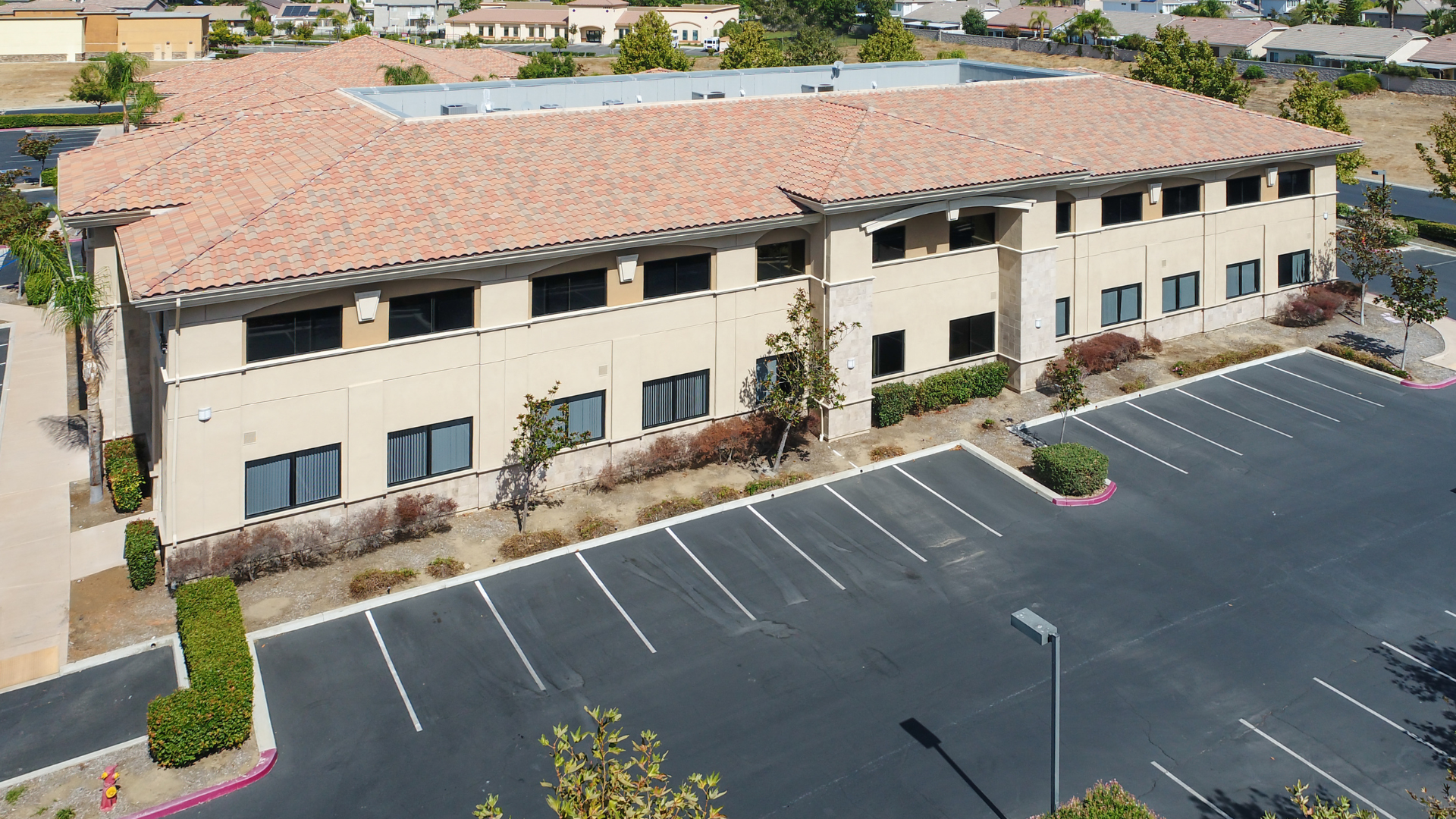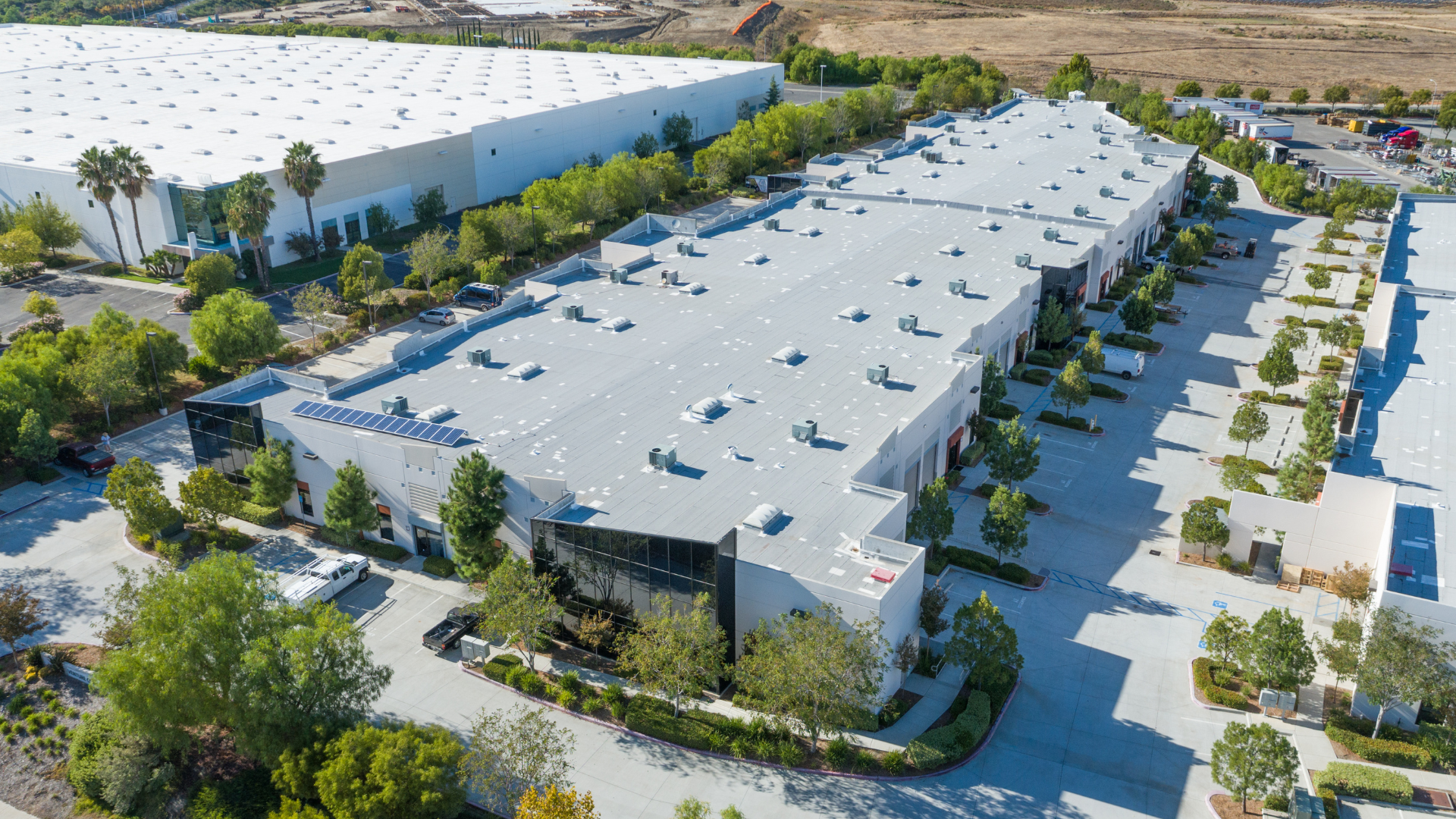Florida’s population has reached a record 23.3 million people, marking one of the fastest growth…

Push to train workers for jobs in Miami’s growing tech arena
Since he was 18, Christopher Matthews has worked at Pizza Hut and 7-11, done a stint in food delivery and taught carpentry. Now, the Miami native is trying to forge a vocational path that could lead to a promising career.
Seated at a desk in front of his computer screen at a plush new $6.5 million artificial intelligence center at Miami Dade College’s North Campus on a recent evening, Matthews, 25, was digesting how to use chatbots to analyze information found on the web and becoming familiar with computer programming. He’s a student in an AI Thinking class.
Last fall, he started the college’s two-year associate’s degree program in cybersecurity. Although still in his first year, he added one of the newer courses in artificial intelligence, even though his major didn’t require it. It piqued his interest, and he was also thinking practically, “what is the most amount of money I can make with the least amount of arduous labor.”
He concluded, “Tech was the perfect balance to me because it always came easy to me.”
Matthews is one of more than 100 Miami Dade students, and among countless others in South Florida, looking and hoping to find satisfying, good-paying jobs provided by the explosive growth in Miami’s technology and finance sectors. The AI class he’s taking is part of an expanding tech curriculum the college is offering thanks to securing $15 million early last year in private and public funding.
To be sure, in many ways, now may seem like a strange time to go all in on tech. Companies in the oldest innovation hubs in the United States, such as California, have recently laid off thousands of workers. Google and Meta Platforms Inc., Facebook’s parent, have slashed their payrolls. Venture capital funding of startups nationwide plummeted last year.
Yet, Miami, long known for its verve and glamour, has moved in a different rhythm the past two years. In 2022, it drew a record amount of venture capital, surpassing $5.3 billion, its second straight yearly increase. Respected national venture investment firms like Andreessen Horowitz and Founders Fund now have offices here.
With that though comes the pressure to produce enough local workers to sustain the rapid growth in the technology industry. And so, Miami is rushing to produce a new generation of workers for the digital economy. It is accelerating the development of education options — in high school through college and for continuing career learning — to meet the needs of the growing companies here and sustain the tech boom.
City and county business, political and education leaders also want to help ensure that as more millionaires move to Miami from established tech hubs, locals are not cast aside or left behind because they don’t have necessary skills and training required for an array of high-paying job openings in technology and computer-related fields.
Comes down to education “When we talk about how we democratize opportunity for all Miamians, how we make sure every single Miamian born in this city can partake of the high-paying jobs we’re creating in this Miami movement, it always comes down to one thing: education,” Miami Mayor Francis Suarez said in February 2022, during an event with Miami Dade College officials announcing partnership plans with the college for a tech charter high school that’s getting started this summer.
The college will open its second artificial intelligence center on April 18 at its Wolfson Campus downtown.
Meanwhile, Florida International University is working to boost the number of computer science students. It is also partnering with companies such as fast-growing Miami-based Kaseya. The software firm agreed last month to hire 3,400 workers over five years. And, if it does, the county will provide up to $4.6 million in subsidies. The new jobs would expand Kaseya’s Miami headquarters with about 800 workers into one with more than 4,000, according to county documents. Average compensation for the positions would be $107,000 a year.
Creating a bigger pool of talent is critical for South Florida’s economy.
From 2017 to the end of 2022, jobs increased by almost 12% in Miami-Dade, outpacing national growth of 2.4%, according to the Miami-Dade County Beacon Council, the county’s economic development public-private partnership.
In that time, 320 companies moved to the area creating about 20,000 new job openings. The tech sector accounted for the largest share of those jobs, at 4,400 positions, and more than half of them were in 2021 and 2022. Banking and finance came in second, generating 4,200 new jobs, according to Beacon Council data.
Big tech, finance firms arrive Indeed, some of the nation’s leading technology and finance players now have a presence on the ground in Miami. And they want to get much bigger footprints.
Microsoft, for example, opened an office in Brickell, home of the city’s financial sector and now popping with luxury condo towers rising from the ground and a steady stream of new retailers. And in perhaps the most significant U.S. corporate relocation announced last year, billionaire founder and Citadel CEO Ken Griffin said he’s moving the home of the hedge-fund and securities trading firm to Miami’s Brickell neighborhood after 32 years in Chicago. The Florida native’s company has acquired land on Brickell Bay Drive for $363 million to eventually build an office tower.
Training the talent to fill company rosters of fintech workers over the next several years is “our biggest opportunity and our biggest challenge,” said James Kohnstamm, executive vice president of economic development at the Miami-Dade Beacon Council.
He thinks Miami has shown it has the ability to compete nationally against established tech hubs, but “now, we need to continue to produce more (talent) to be able to support the many hundreds of jobs that have already been publicly committed for growth.”
A big reason that’s vital to the local economy is the average salary for tech hires in the county since 2017 was $97,000, about $40,000 above the median household income in Miami-Dade, according to the Beacon Council.
Antonio Delgado, vice president of technology and innovation partnerships at Miami Dade College, said generating tech talent “is key for Miami to continue growing.”
Emblematic of the massive education effort underway countywide is what’s happening at the college, the school that traditionally caters to middle- and lower-income Miamians. It had already bet heavily on cybersecurity studies but now is assembling a broad range of additional coursework covering artificial intelligence, cloud computing and much more.
Going big on AI Now, using its $15 million windfall — $7 million from the Knight Foundation, $5 million from Miami-Dade County, $2 million from the City of Miami and $1 million from the Miami Downtown Development Authority — it is adding a bevy of artificial intelligence coursework and faculty by the end of the decade.
Six of 15 new professors, three in AI/Data Analytics and three in computer science, were hired. Nine more will join the college over three years.
The college has approved plans for a four-month certificate program, two-year associate’s in science degree, and four-year bachelor of science degree focused on artificial intelligence.
Delgado said the Florida Department of Education recently recommended approval of the four-month certificate program and the associate’s degree, and he expects both to be presented to the State Board of Education in April. If approved, both programs would become available in the 2023-24 school year. The four-year degree was approved by the college’s Board of Trustees in February and now awaits review by the state education department.
Some of the $15 million also goes to a separate innovation fund run by Miami Dade College President Madeline Pumariega. It also supports 10 faculty projects that apply AI in innovative ways. That includes an English professor getting her student to use AI tools to analyze Harry Potter books. Each project receives $10,000.
Separately, the college, via a $2 million state investment, is creating a tech-focused charter high school. It plans to start with ninth and tenth grades in August and is recruiting students. It will be housed in a building at the college’s downtown campus. Students will be able to take classes at Miami Dade, while still in high school and graduate with a high school diploma and associate’s degree in science.
Pierson Mandell, 21, is a classmate of Matthews’ in the college’s AI Thinking class. He hopes to land a job at a Miami tech company.
He credits the college with the way the class is being taught. “Everyone can follow along no matter where we’re coming from, which I think is really nice.”
That’s by design, faculty members said.
“The majority of our students are non-tech students,” said professor George Gabb, associate senior professor in the information technology department at Miami Dade, and one of the leaders developing the AI initiatives.
“And they are very interested in understanding the technology.”
Tech boot camps with track record Training people new to tech has precedence and past success in Miami.
Wyncode Academy started offering classes and boot camps in computer coding and other digital skills in 2014. Since then, more than 1,400 individuals have gone through the academy. The majority of them eventually were hired by South Florida tech companies, co-founder Johanna Mikkola said.
Microsoft, Google, and Stripe, among others, have hired its students. After the private equity giant Blackstone opened an office in Miami in 2020, it hired several people who attended Wyncode, said the firm’s chief technology officer John Stecher.
Blackstone has also worked closely with local universities, Stecher said. “We’ve grown out of the (two) floors that we have.”
Brainstation’s acquisition of Wyncode in 2021 allowed it to train more people. Today, it offers boot camps in software engineering, UX design, and data science and certificate courses in data analytics and product management and more.
That was evident on a recent Wednesday when over 50 students participated in a boot camp.
Jeremy Hannah, 31, was working with a group in a UX Design class. He had just quit jobs at Miami International Airport to enroll in the 40-hour weekly boot camp.
“I wanted to change my life,” Hannah said. “I felt like I’ve always been working with my hands, laboriously. It takes a toll on your body.”
He has paid close attention to the tech and finance boom in Miami, another reason for this decision. “Change is happening and you gotta get with the change or it will definitely leave you behind,” he said.
What Wyncode (now Brainstation) bet on is that much of software development and some other tech capabilities are a trade, things that can be learned via apprenticeship or vocational school.
“What we found working with Brainstation (former Wyncode Academy) and a number of different parallels here in New York is that we can find very good software developers that can come in and begin working with us right away,” Blackstone’s Stecher said.
Academic, industry partnerships CodePath, a national technical training organization, is also betting big on Miami.
It started offering its courses here in 2020 due to a request by a single student at FIU for an Android class. That year, the enrollment was 15 students. In 2022, CodePath had 285 students from FIU.
FIU students have won CodePath’s national demo day the past two years, something no other university has done, said Victoria Angulo, head of strategic partnerships at CodePath.
CodePath now also offers its courses at Florida Memorial University and Miami Dade College. In the U.S., Miami is a top three market for CodePath based on students enrolled.
FIU is deepening its technology education efforts in several other ways. In one, it has been working with Kaseya, the expanding Miami firm that makes software for businesses to manage information technology systems and security.
The company has helped develop computer science curriculum for FIU faculty.
That has made the university a key recruiting ground for the company. Over the past three years, Kaseya has hired 400 FIU graduates, said Joe Smolarski, the company’s chief operating officer.
Kaseya has also hired 175 students from Miami Dade College, especially from its cybersecurity program, and considers the school an important way to reach individuals who never had thought about tech careers before enrolling.
Harry Potter and AI Kirah Harris, 19, and a second-year Miami Dade student studying business administration, had no plans to learn coding or computer programming, finding it intimidating.
And she certainly didn’t expect to be exposed to it in her English literature class. But her teacher wanted students to learn the language Python for a project under development.
Carmen Bucher, associate professor of English and communications, had her students use AI to learn about literary devices like metaphors or assonance, finding patterns in Harry Potter books.
“It sounds scary and hard, but when you get down and learn it, it seems feasible,” Harris said. “So, it’s made me think maybe I can do something in tech.”
Back in the recent AI Thinking class at Miami Dade’s North campus, Matthews, was showing great interest, peppering his professor with questions, collaborating with his classmates.
He first showed tech aptitude as a kid playing with his dad’s old Nintendo. From there, he developed a love for gaming and made it a hobby.
“I’ve always been a curious person and so I always wondered what went into game development,” he said. “And so, I started researching that, and that led me to the broader tech field.”
Source: www.wlrn.org








This Post Has 0 Comments